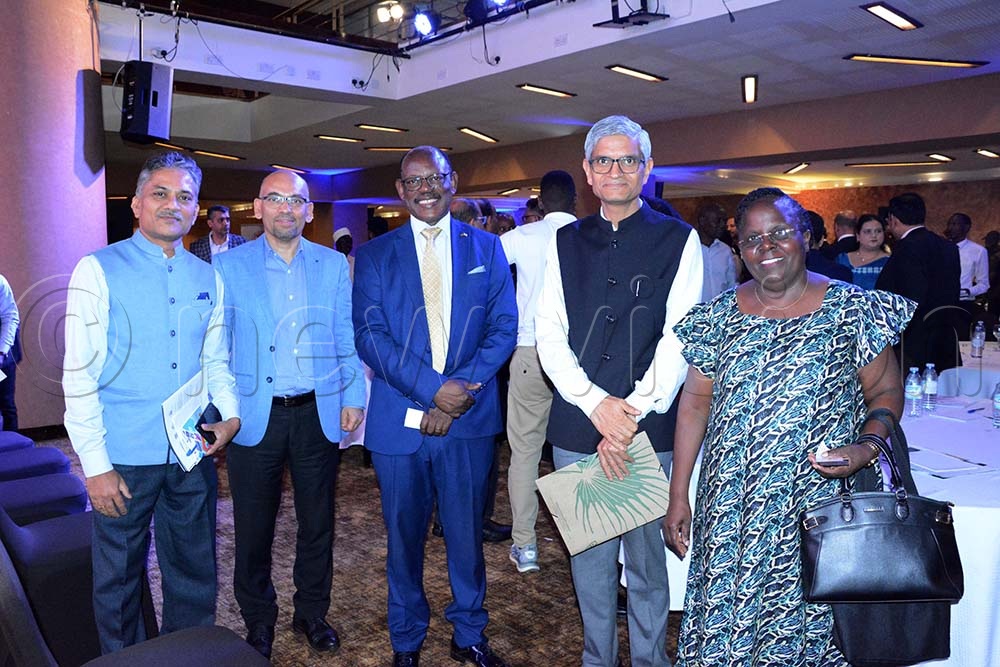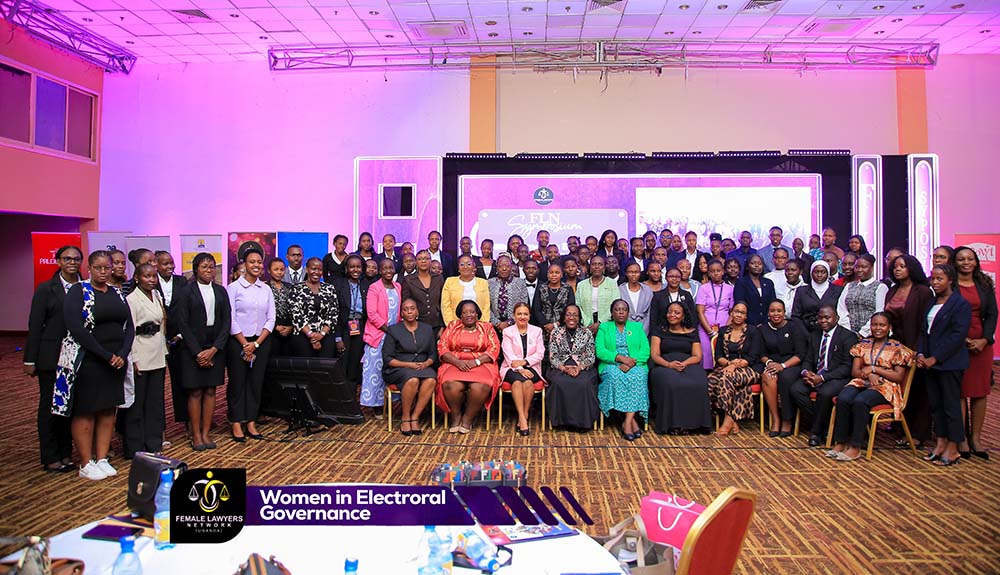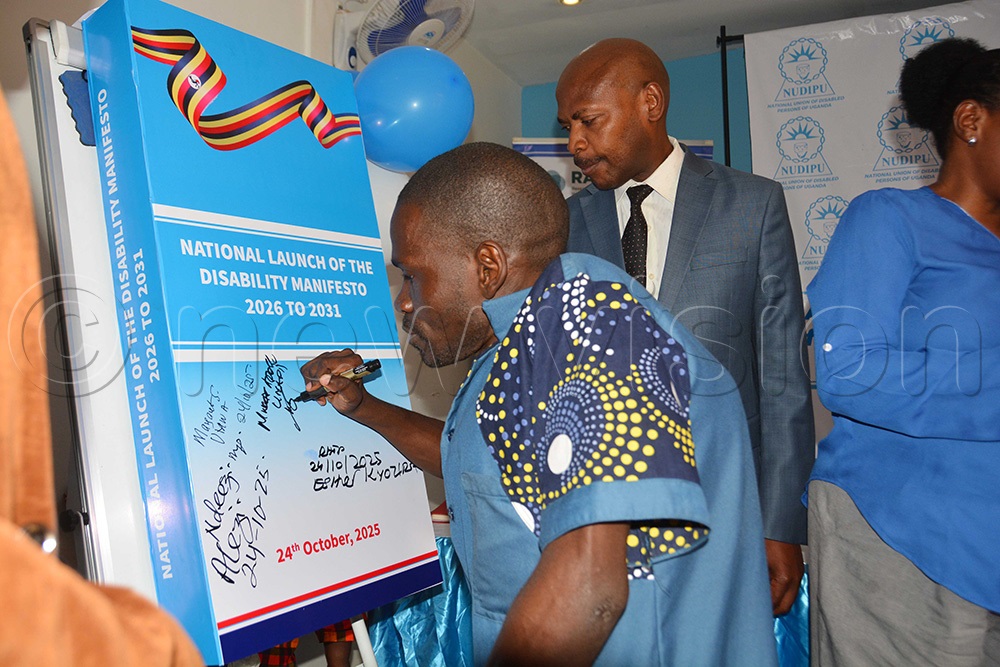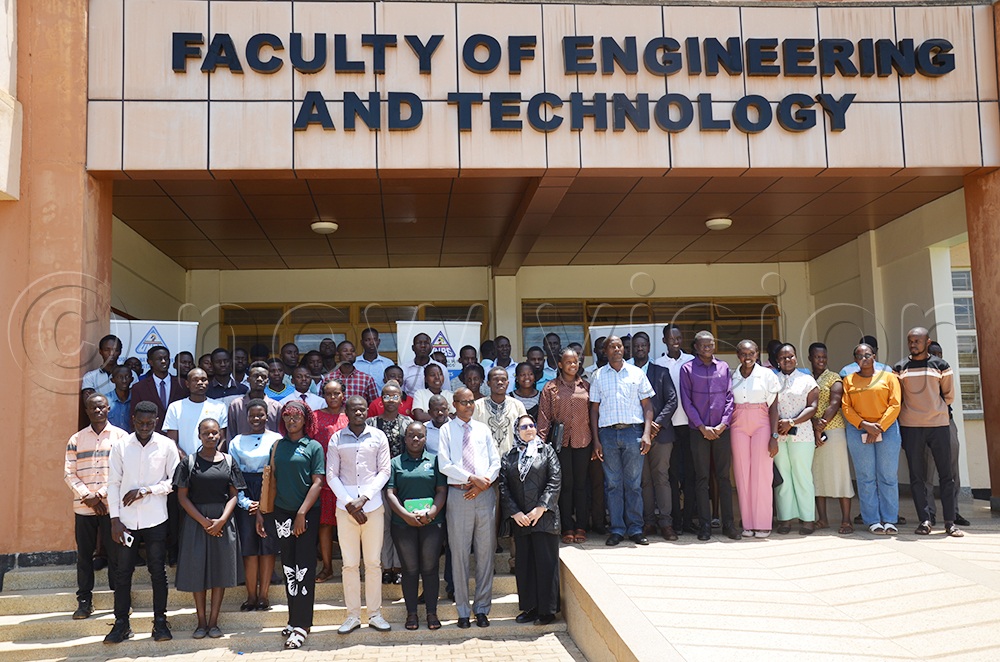Musenero criticised universities for operating “like embassies,” disconnected from local economies and aligned instead with donor interests.
Experts have urged universities to convert their cutting-edge research and innovations into marketable products that drive national growth and job creation.
The call was made on Wednesday, as Makerere University opened its doors to nearly 250 global experts for the Fifth African Research Universities Alliance (ARUA) Biennial International Conference.
The three-day event that ran until Friday, October 31, in the Main Hall of the university’s iconic Main Building, follows the 2023 edition at the University of Lagos, Nigeria. This is the first time Uganda’s flagship institution has hosted the prestigious gathering.
Held under the theme Research, Innovation and Artificial Intelligence for Africa's Transformation, the conference unites academics, policymakers, industry leaders, civil society, and international organisations to harness Artificial Intelligence (AI) for sustainable continental development.
In a stirring, crucial address, Uganda’s Minister for Science, Technology and Innovation, Dr Monica Musenero, challenged scientists to shift from publishing papers to building factories, declaring the continent’s next battleground as economic transformation.
“Development in this phase on the African continent is about economic development. This is necessary for us to move out of real low-income level and go into the upper middle income, because that’s where Africa should find a moment of rest,” Musenero said.
Musenero criticised universities for operating “like embassies,” disconnected from local economies and aligned instead with donor interests.
“What goes on in the university is not connecting to our economy. It’s more connected to donor economies,” she asserted, urging a pivot from grant-chasing to value-added production.
Speaking in the hall that once hosted debates shaping Africa’s independence leaders, including Julius Nyerere, Milton Obote, and President Yoweri Museveni, university vice-chancellor Prof. Barnabas Nawangwe celebrated the event’s alignment with ARUA’s 10th anniversary and Makerere’s pioneering role in the alliance.
He framed the gathering as a continuation of the continent’s emancipation struggle, now focused on economic and technological frontiers.
“Africa’s political emancipation has been achieved, but the fight for total freedom from marginalisation persists,” Nawangwe said.
He highlighted emerging crises, including feeding a booming population, ensuring health amid limited medicine production, creating jobs for a youthful demographic, resolving conflicts, and leveraging AI to eradicate poverty.
However, Nawangwe painted an optimistic tone, pointing to positive shifts. He said, “Africa’s renaissance is not on the horizon but right here with us.”
He cited Uganda’s Research and Innovation Fund, which is providing Makerere with an average of $8 million annually over the past four years, and the appointment of a dedicated science minister.
He urged sustained collaboration through ARUA to amplify innovations from students, faculty, and communities.
“With concerted efforts... we can and we will change around the story of Africa in a very short time,” he concluded, echoing Makerere’s motto: “We Build for the Future.”
Prof. John Owusu Gyapong, ARUA Secretary-General, delivered a sobering but forward-looking assessment in his remarks.
Acknowledging Africa’s endowments, he outlined persistent challenges like low Gross Domestic Product (GDP), escalating public debt, acute food insecurity affecting 120 million people, gender disparities, rising non-communicable diseases, and political instability.
As the 2030 Sustainable Development Goals (SDGs) deadline approaches, Gyapong noted that no country, except Norway and Australia, has fully met them, but Africa lags “way, way, way behind.”
He paralleled this with Agenda 2063, the African Union’s vision for prosperity, peace, and planetary sustainability.
“How do we change the narrative?” he asked, stressing measurement as key, and further noting that as an epidemiologist, he knows that if you don’t measure it, you can’t manage it.
Gyapong positioned AI as a transformative tool, citing the Organisation for Economic Co-operation and Development (OECD) examples where it drives knowledge advancement, critical thinking, problem-solving, and solutions to economic and social issues.
“AI and automation can help us focus on bigger issues while leaving routine tasks to artificial intelligence,” he said, envisioning enhanced efficiency in tracking AU targets and addressing gaps in peace, security, and beyond.
Market gaps
Minister Musenero illustrated the gap between knowledge and industry with a stark example from the agriculture sector.
“We produce cassava, and we have researched cassava. However, the best product we are making out is what we call good quality cassava flour, which is substituted in bread, and then we are importing starch,” she said.
Musenero added, “The price of starch is so many times more compared to the price of high-quality cassava flour. And yet, we have scientists who are studying chemistry or food technology, but the best they know how is to extract this starch, but they cannot take it to a point where you build an industry and supply the starch.”
Minister Musenero linked unemployment to this failure, stating that “The reason we have so many jobless people now is because scientists stopped taking their ideas to the market.”


 Nelson Mandela Muhoozi
Nelson Mandela Muhoozi 






